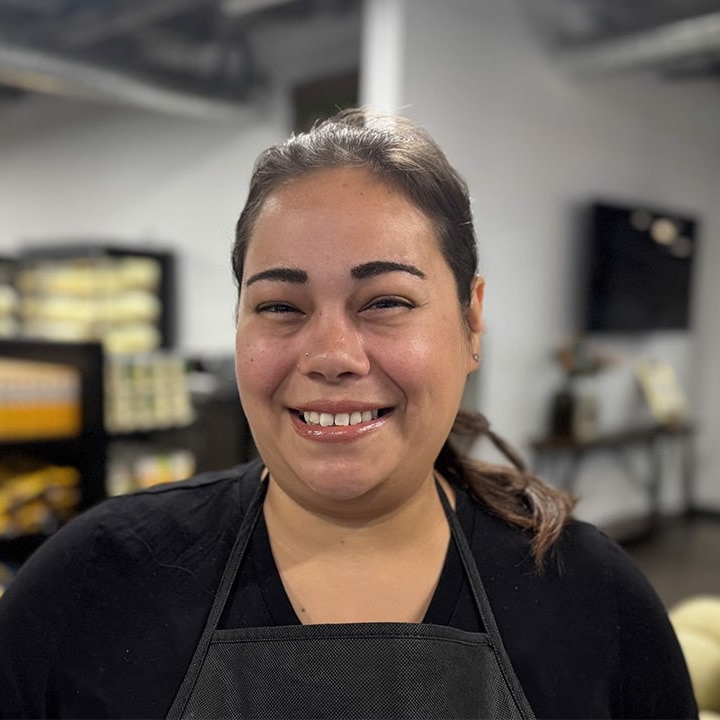Health Zones
Addressing health equity locally
In 2024, the CVS Health Foundation announced funding to Health Zone partners serving residents of Atlanta, Georgia; Phoenix, Arizona; and Fresno, California.

Health Zone: Atlanta, Georgia

Supported by $1.5 million in funding from the CVS Health Foundation, Good Samaritan Health Center in Atlanta offers wrap-around clinical services, care navigation through a nurse navigator, diabetic education, and transportation through Uber Health. As part of this grant, Open Hand Atlanta provides medically tailored meals, diabetic education and cooking classes.
Since the program launched, 53% of diabetic participants screened had measured improvements in blood sugar levels (A1c), and 77% of hypertensive participants had improvements in blood pressure.
Health Zone: Fresno, California
First Fruits Market, Fresno’s first free grocery store, opened in September 2023 to offer a dignified model for residents who need food support. Despite being home to some of the country’s top agriculture-producing counties, the Fresno region has one of the highest levels of hunger, with a food insecurity rate of 13.6%.
We’re proud to support Central California Food Bank (CCFB) and its cross-sector collaboration of nonprofits that are integrating healthy food access with health care screenings and job training. Using First Fruits Market as the central hub on a new brick-and-mortar campus, CCFB is connecting residents experiencing food insecurity to an on-site referral network of health care, workforce and other social service organizations.
Watch: Healthier Happens in California: Central California Food Bank

Health Zone: Phoenix, Arizona

Our Phoenix Health Zones program is focused on two initiatives: diabetes prevention and management, and tailored clinical support through home-based health care. With $2.1 million in funding from the CVS Health Foundation over three years, three organizations — Valleywise Health, Home Assist Health and Advance — are supporting culturally appropriate, integrated diabetes management services, including home health and monitoring, medically tailored food boxes and educational resources.
As a result of referrals for home-based care for patients with multiple chronic diseases, the program has documented an 81% reduction in hospitalization among participants.